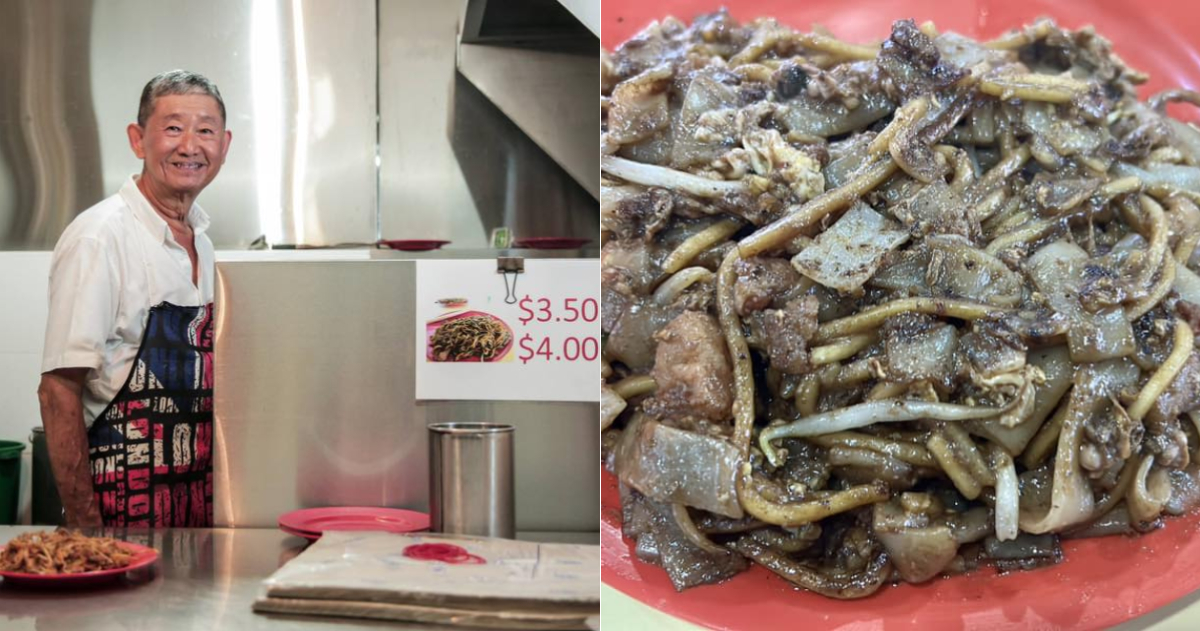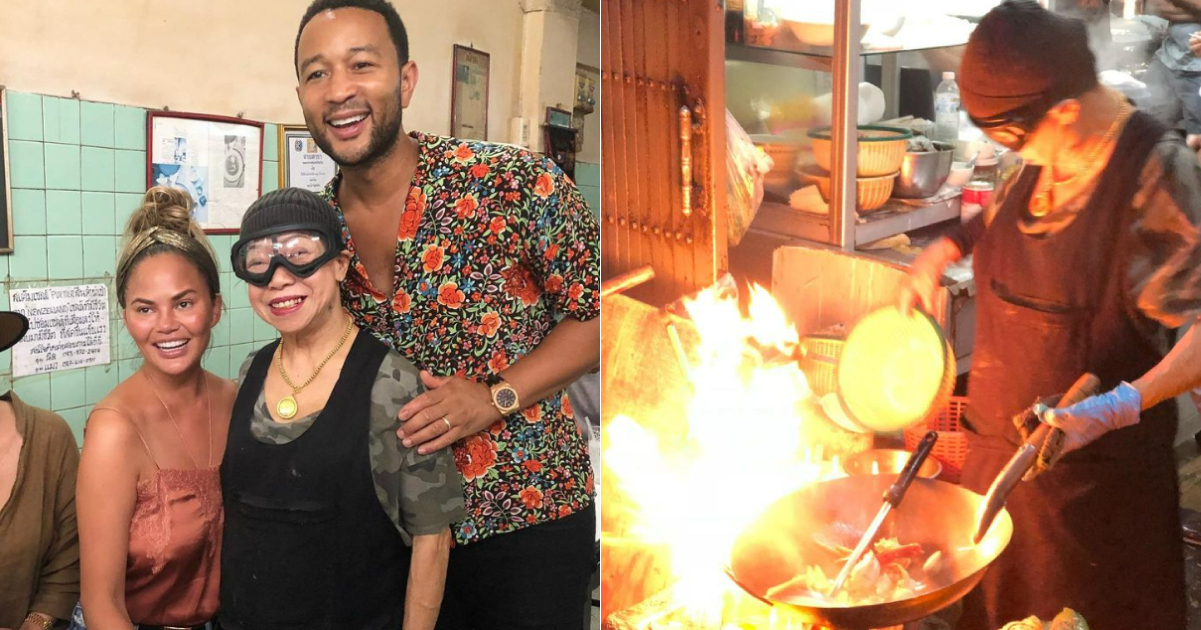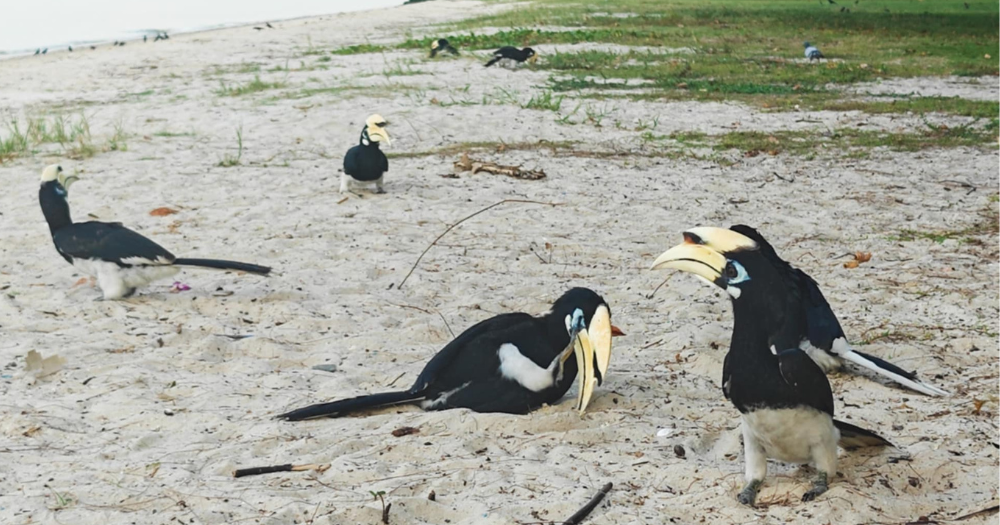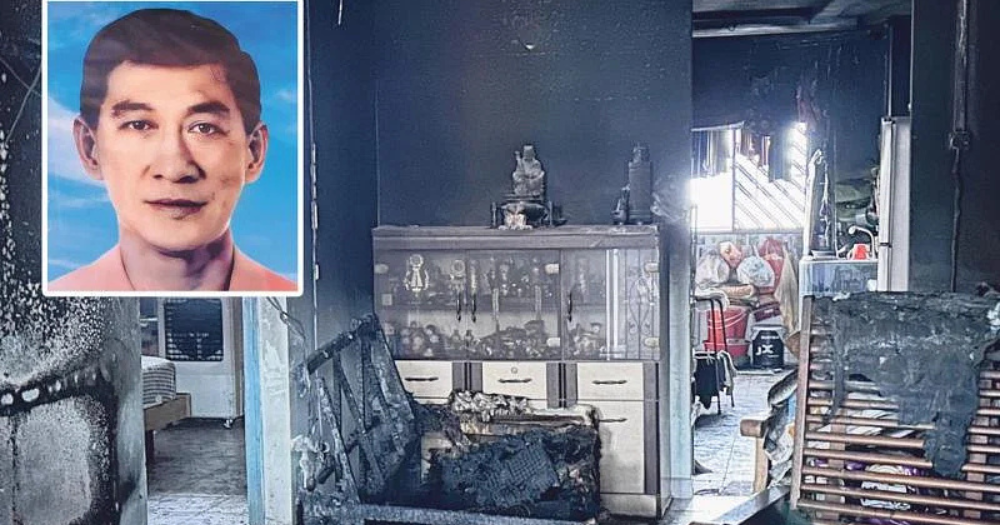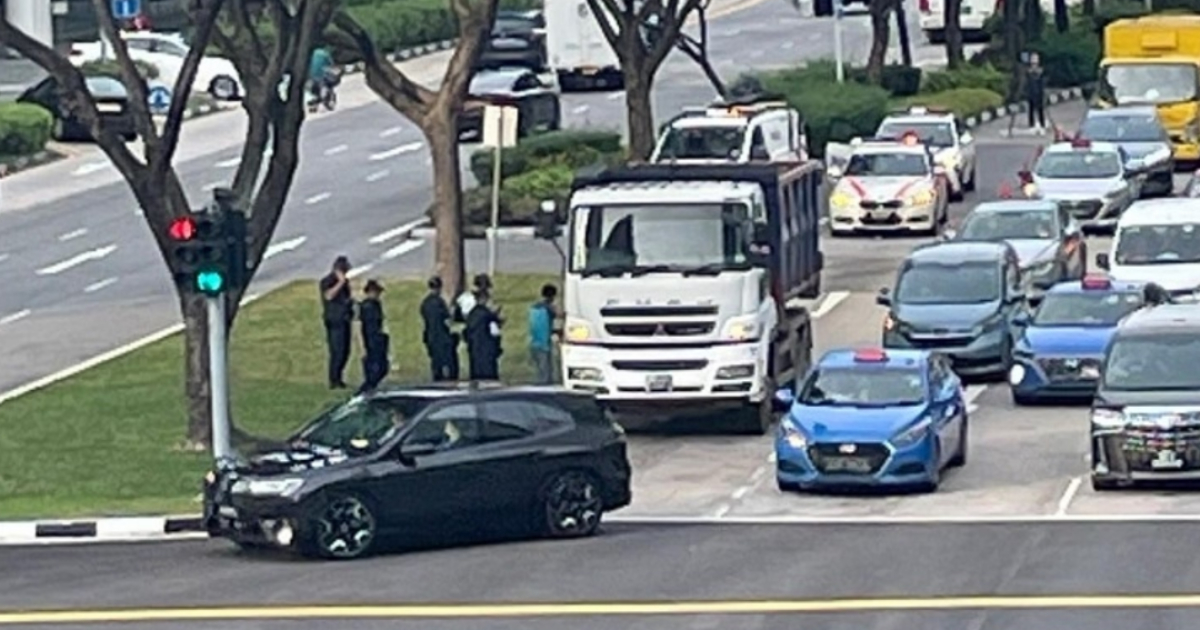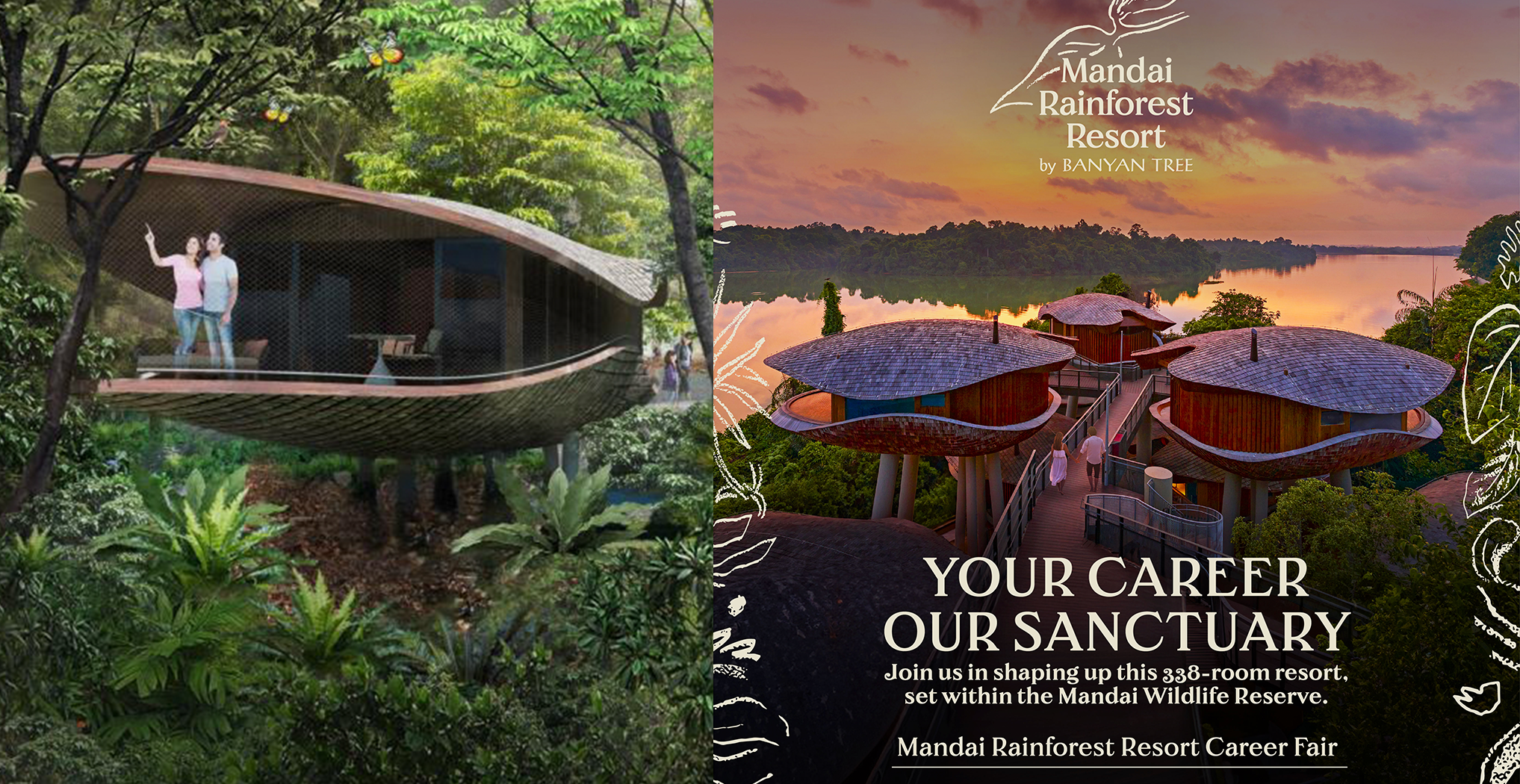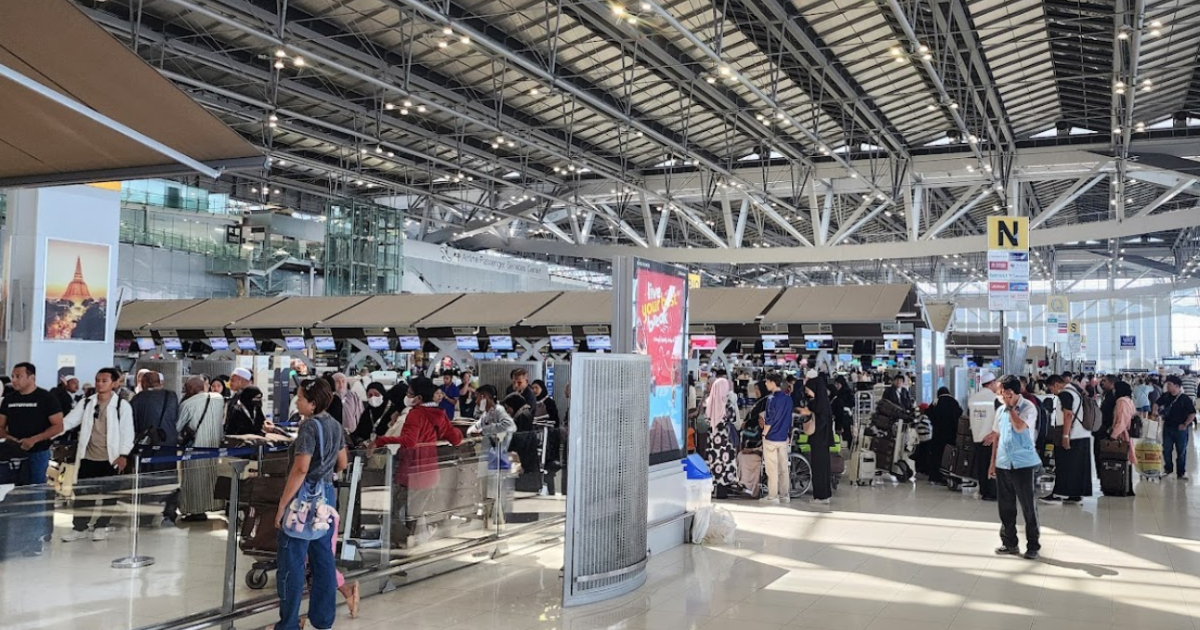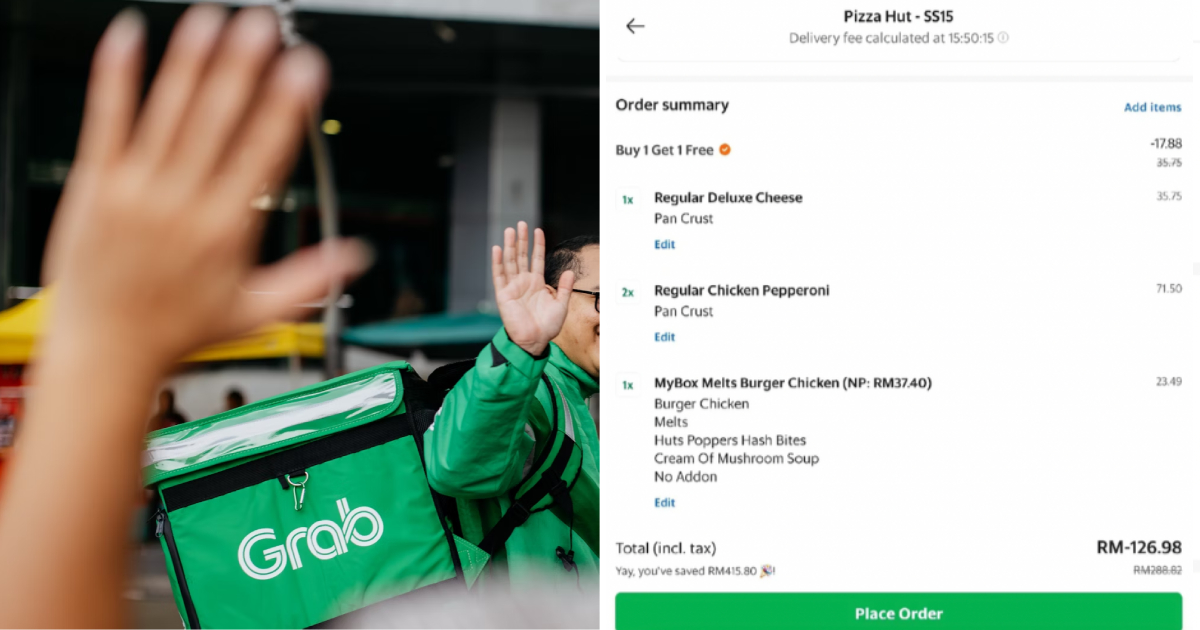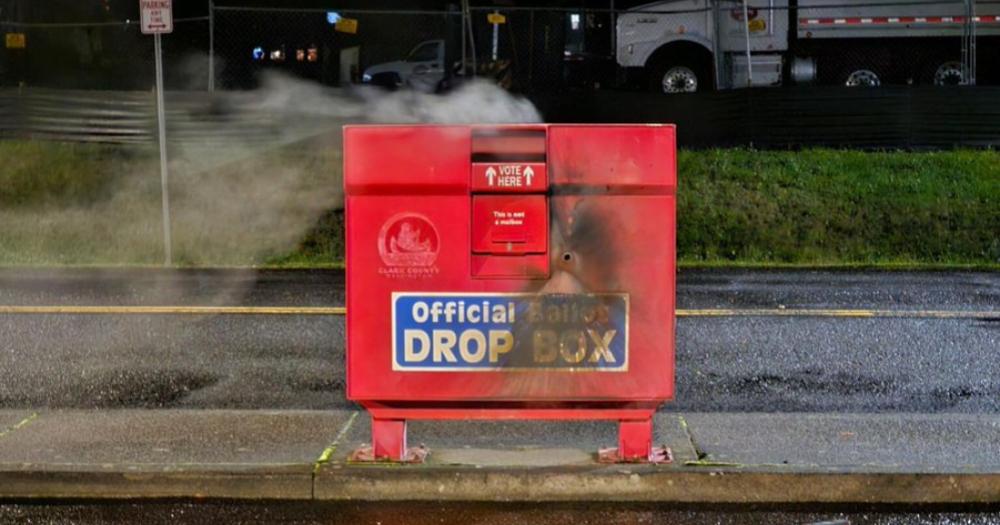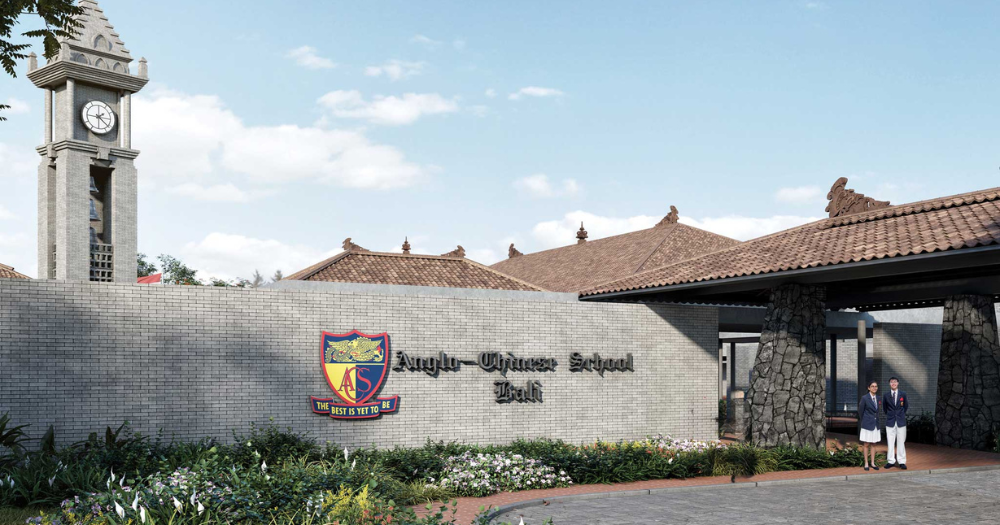NUS graduates win S$20,000 grand prize in Huawei’s hackathon competition with AI-integrated game arcade to help elderly exercise
Impressive.
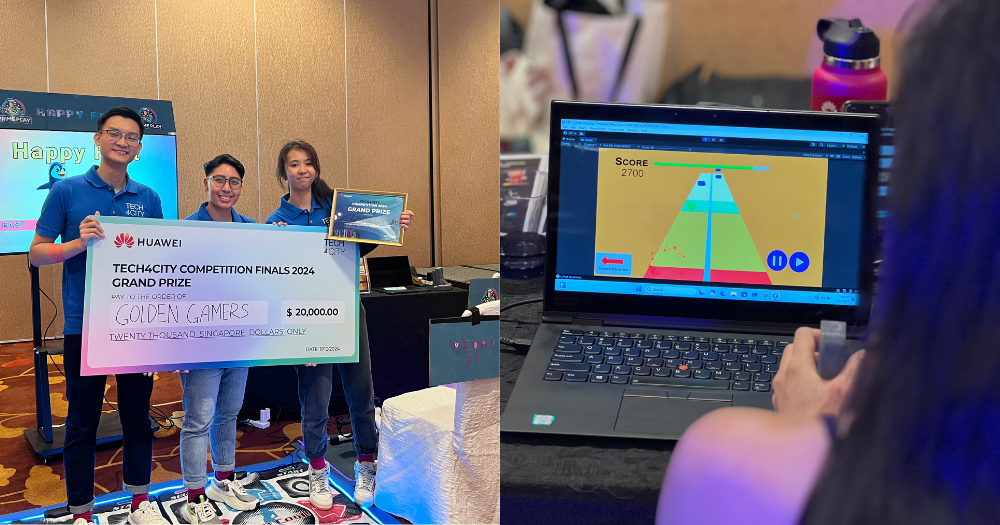
Jonathon Leong, Fatin Sharafana, and Denise Caluza couldn’t hide their excitement when they were announced as the winners of the Tech4City Competition 2024.
The trio from the National University of Singapore (NUS) developed an AI-integrated exercise game arcade, “PrimePlay”, that tailors programs to seniors' physical abilities and health goals using Huawei Cloud.
Team leader Leong told Mothership the win felt “unreal,” and they were “excited” and “very proud” of what they managed to accomplish.
 Photo via Amber Tay
Photo via Amber Tay
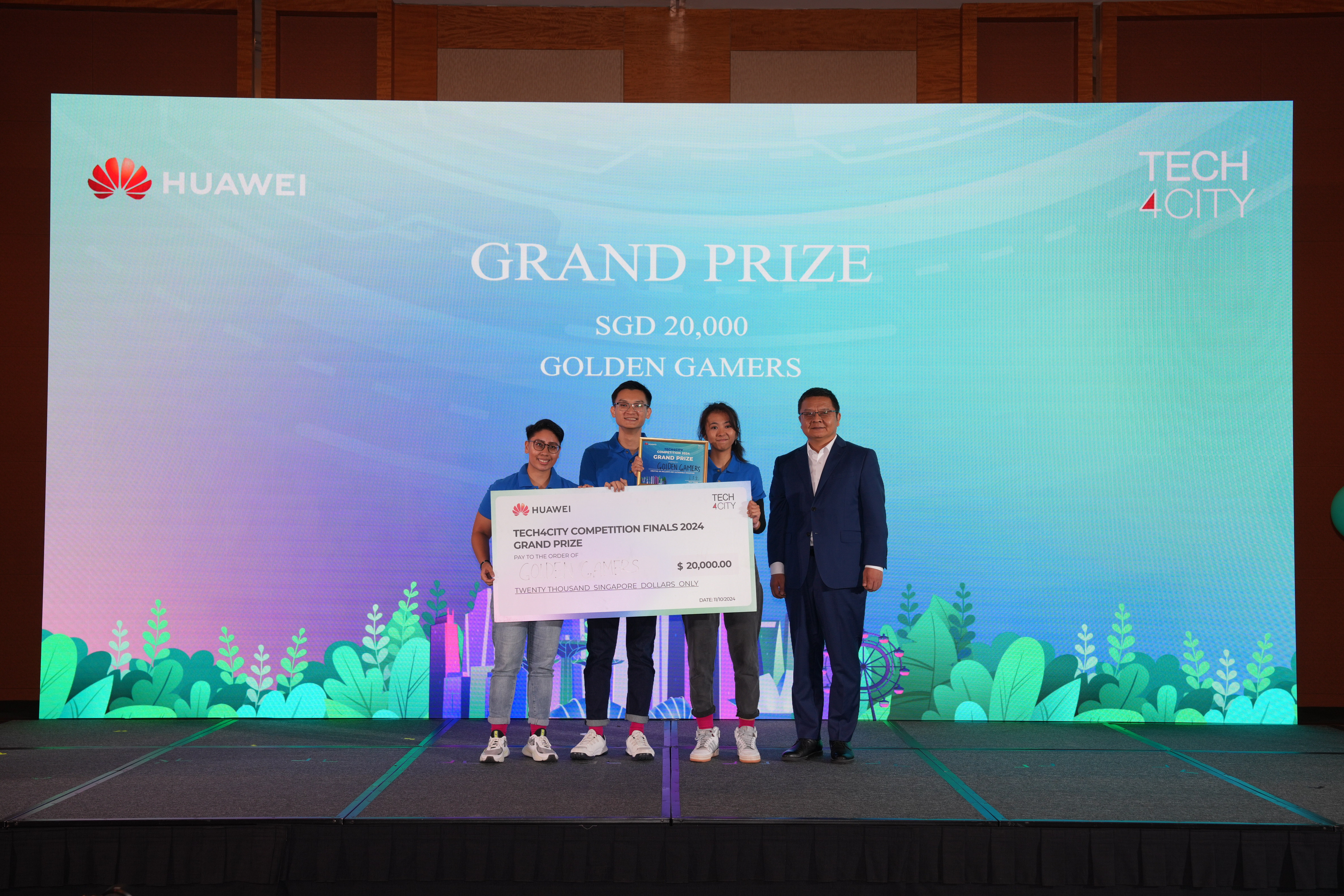 Photo courtesy of Huawei
Photo courtesy of Huawei
Organised by Huawei, the annual hackathon competition sees youths between the ages of 18 and 35 form teams of three to six people pit their Artificial Intelligence (AI) solutions against each other — with the winner bringing home the grand prize of S$20,000.
This year’s project themes are “AI for Inclusivity” and “AI for Sustainability”.
The finals, held at Sands Expo and Convention Centre on Oct. 11, had the finalists present their solutions to a panel of judges, followed by a five-minute Q&A segment.
The winning team, who called themselves “Golden Gamers”, created their solution to promote active ageing by providing seniors in Singapore with a comprehensive exercise system.
“Winning the Tech4City 2024 competition is not just a victory for Team Golden Gamers; it's a testament to our commitment to empowering seniors through technology,” said Leong.
“With PrimePlay, we aim to redefine active ageing, ensuring that every senior in Singapore can enjoy a personalised and engaging path to better health and well-being."
Fatin Sharafana said many organisations expressed interest in their products and people had advised them on how to expand their projects further, such as applying for grants.
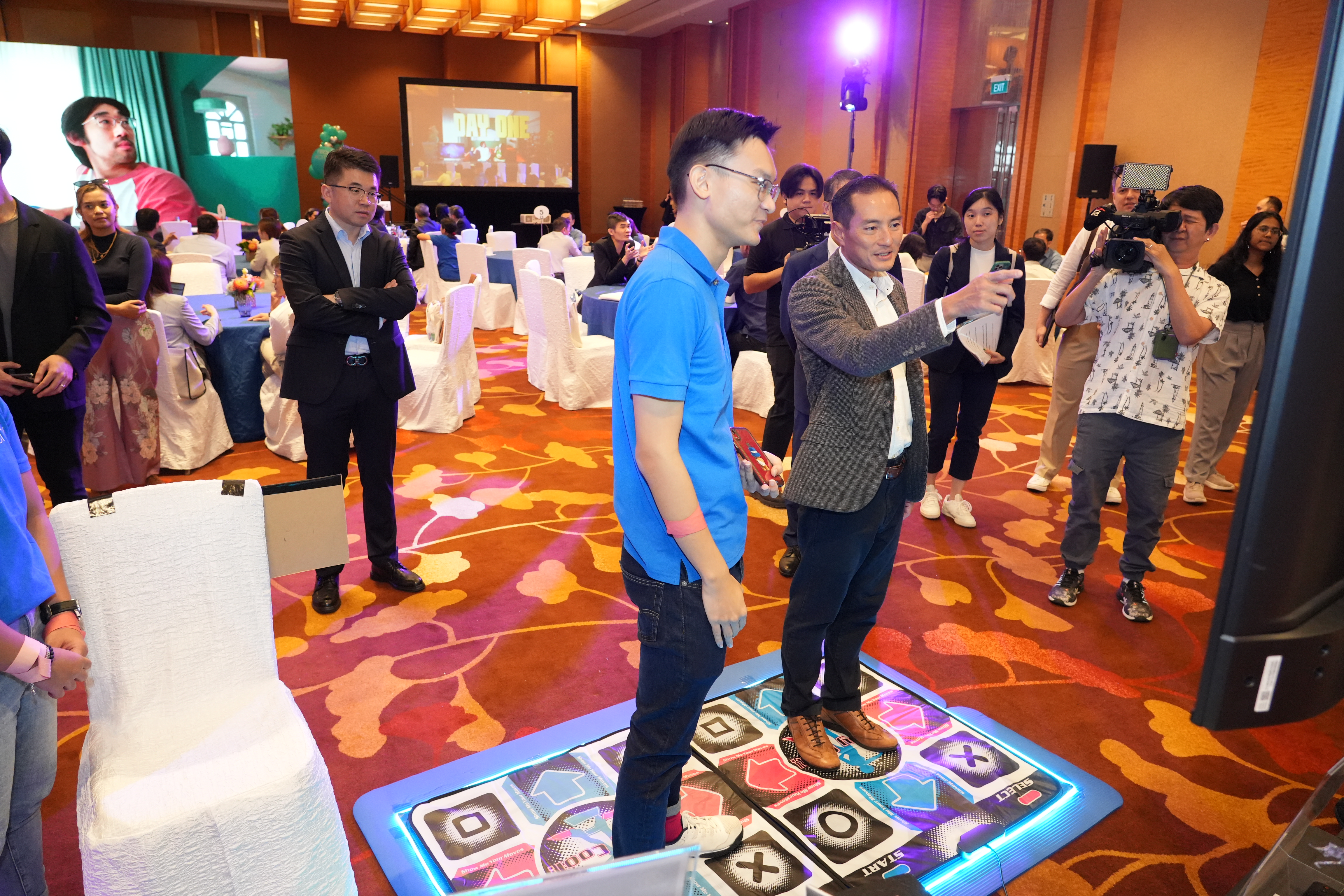 Photo courtesy of Huawei
Photo courtesy of Huawei
Other finalists
Over 340 participants competed in this year’s competition.
The top five teams were given mentors, technical training, and S$2,000 funding to create their prototypes.
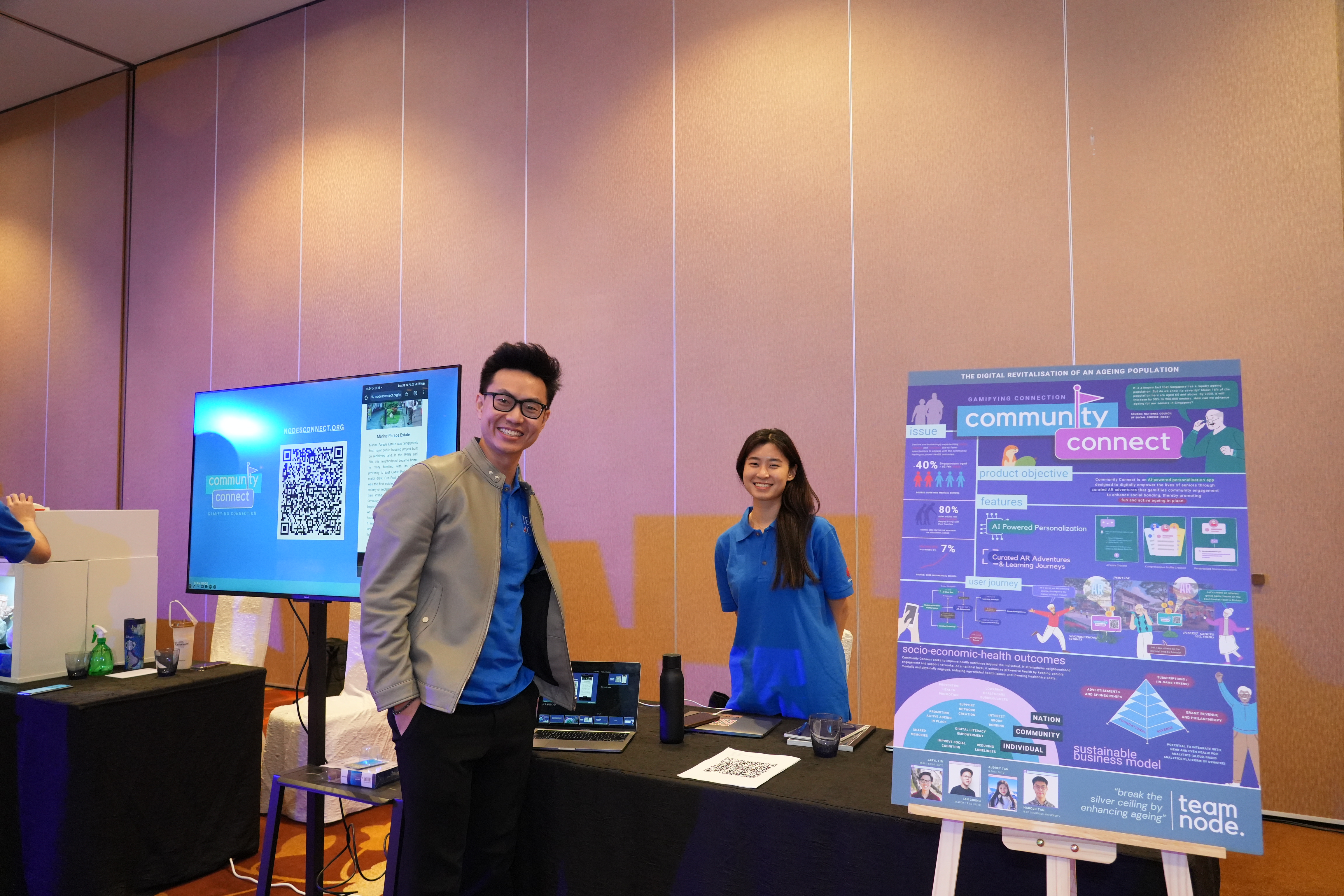 Photo courtesy of Huawei
Photo courtesy of Huawei
Node
Working professionals Jaryl Lim, Ian Chung, Harold Tan, and Audrey Tan won second place and a prize of S$12,000 with their solution which aimed to enrich the lives of elderly residents.
Through their AI-powered personalisation app, team Node designed curated augmented reality (AR) adventures that gamify community engagement to enhance social bonding, thereby promoting fun and active ageing in place.
MyCoTech Innovators
Fifth place went to Chia Yong Si, Micah Yee Zhang Zhou, and Darwish Irfan Shah from the Institute of Technical Education (ITE), which clinched them a prize of S$3,000.
Leveraging the Internet of Things (IoT) and AI for mushroom cultivation, the system’s precise control, automated monitoring, and improved resource efficiency create the potential to support sustainable agriculture and future food security.
Cikgang
Cikgang created the learning platform Cikgo, which provides personal learning experiences to students that can be accessed outside the classroom.
Consisting of NUS researchers Phillmont Muktar, Okkar Aung Aung, Kaung Si Thu, and Jonathan Chen, Cikgang hopes their platform can guide students at scale, where each learning experience is cultivated to the student’s strengths and weaknesses.
Team Cikgang from the NUS was also awarded an additional cash prize of S$2,500 for their project, Cikgo, for the “Swan & Maclaren Social Impact Award”, sponsored by the Swan & Maclaren Group.
BinaCloud
Team BinaCloud, consisting of NUS students Yeo Yu Jie, Lau Rui Han, Wah Wei Yang Darren, Yap Zher Xiang Jason, Tiang Hui Zheng, and Lim Ai Lin, used AI-powered identification mechanisms to help transportation staff provide timely assistance.
Through this solution, the team aimed to improve accessibility for individuals with difficulty navigating public transport infrastructure.
Not only did the team clinch a prize of S$8,000 for coming in third place, the team also received an additional S$3,000 for winning the “Best Innovation in Mobility” award, sponsored by SBS Transit.
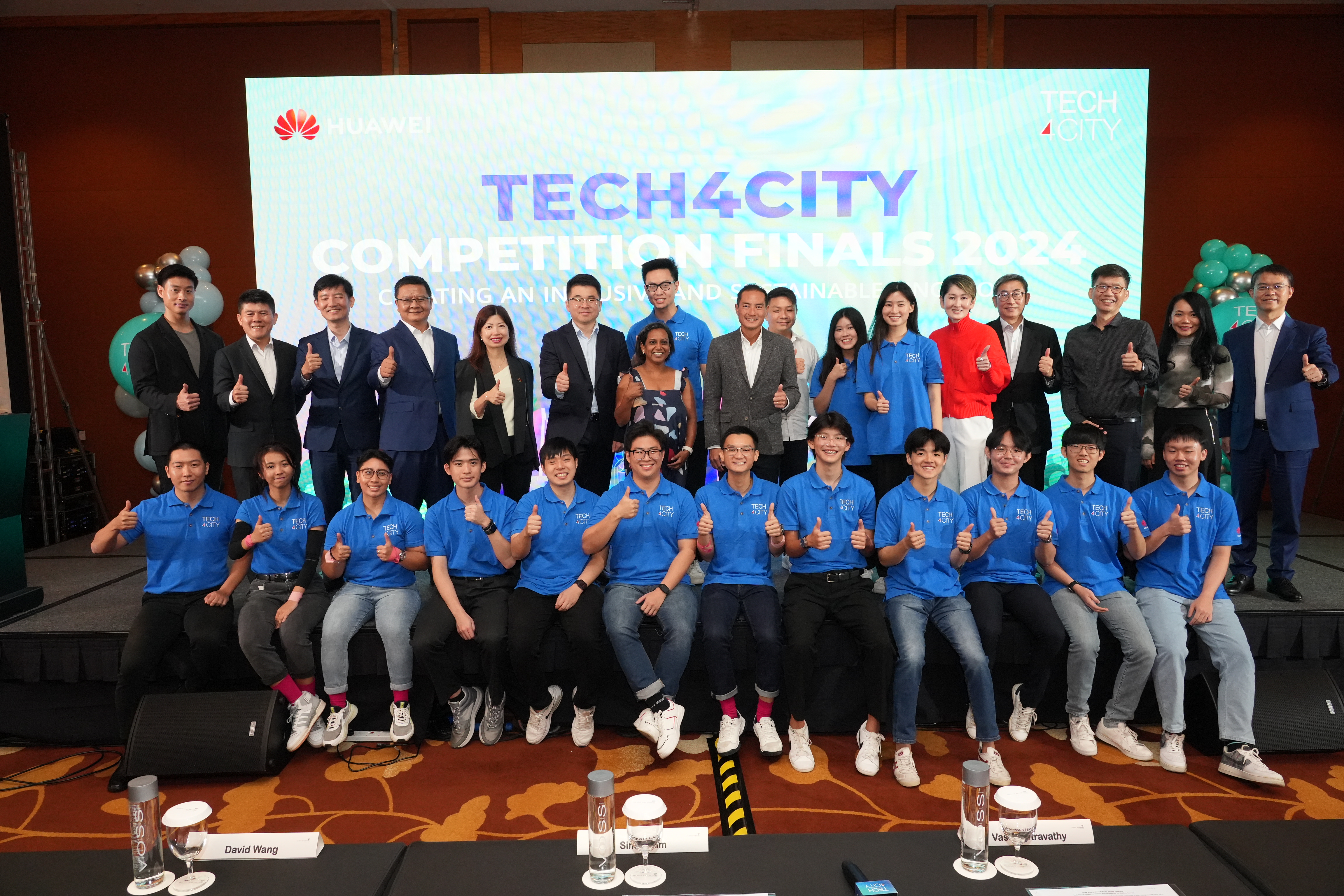 Photo courtesy of Huawei
Photo courtesy of Huawei
Shaping Singapore’s digital future
“Events like Huawei’s Tech4City competition show us what is possible when students and professionals come together,” said Senior Minister of State Tan Kiat How.
Tan said, “These platforms provide the space for innovation and help shape Singapore’s digital future.”
Tan explained how, in collaboration with SBS Transit, 2022 Tech4City grand prize winner “FingerDance” refined an AI sign language model and developed the Sign Language Virtual Assistant, also known as SiLViA.
The Virtual Assistant can convert MRT announcements to sign language and answer passengers’ queries in both spoken and sign language to assist the Deaf and those with hearing difficulties.
SiLViA was rolled out on a trial basis at Chinatown Station on the North-East Line and will soon be available at Chinatown MRT station for commuters to try.
A demonstration of SiLViA’s capabilities was also shown during the competition’s finals onsite, where AI Sign-Language translations were provided for the keynote speakers.
This sponsored article by Huawei made this writer curious to learn more about these projects.
Cover photo via Amber Tay.
MORE STORIES






